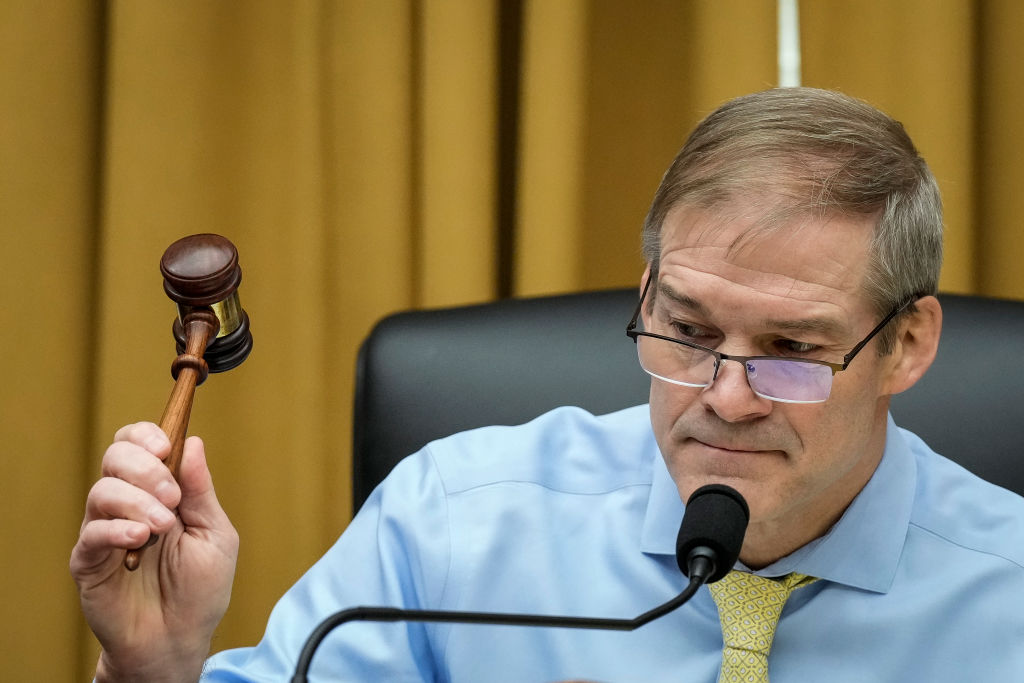House Judiciary Committee Chairman Jim Jordan (R-OH) has issued a subpoena to FBI agent Elvis Chan, demanding testimony on the bureau’s alleged efforts to censor social media. This action comes as the Biden administration claims it was merely using its “bully pulpit.”
WATCH: The United Nations Plot to Censor Your Speech
Jordan stated that Chan failed to appear for a scheduled interview and therefore must be compelled to testify to establish the extent to which “the Executive Branch has coerced and colluded with companies and other intermediaries to censor speech.” Chan, based in San Francisco, was the FBI’s Foreign Influence Task Force liaison to companies such as Facebook and Twitter, including during the 2020 election.
READ: Landmark Injunction Unmasks Biden-Big Tech Censorship Pact
Jordan wrote that “[t]he Committee has uncovered evidence that appears to contradict several statements in your deposition in Missouri v. Biden, particularly as they relate to your communications with social media platforms,” without providing additional details. It was highlighted that Chan did not appear voluntarily due to a committee rule that required him to choose between having a personal or FBI lawyer present.
Missouri and Louisiana are currently challenging the federal government’s pressure on social media platforms to censor alleged misinformation, including about the safety and efficacy of COVID-19 vaccines and mask requirements. The case, Missouri v. Biden, could potentially be decided by the Supreme Court.
Solicitor General Elizabeth Prelogar has asked the Supreme Court to overturn the lower courts, expressing concerns about the implications of “unprecedented limits on the ability of the President’s closest aides to use the bully pulpit to address matters of public concern, on the FBI’s ability to address threats to the Nation’s security, and on the CDC’s ability to relay public-health information at platforms’ request.”
In his letter to Chan, Jordan emphasized the First Amendment, which he stated prohibits government officials from imposing viewpoint-based censorship restrictions. He further argued that “State action doctrine stands for the proposition that government officials may not circumvent constitutional strictures by using private actors—whether through coercion, encouragement, entwinement, or joint participation—to accomplish what the government cannot directly.”
The FBI has expressed disappointment with the Committee’s actions, stating that “Upon arrival at the Capitol, Committee staff directed agency counsel to leave the premises, and the interview was unable to proceed. This is a significant departure from normal procedures and an unnecessary escalation of this Committee’s treatment of FBI officials.” The FBI added that it recognizes the importance of congressional oversight and will continue to proceed in accordance with the long-established accommodations process.













